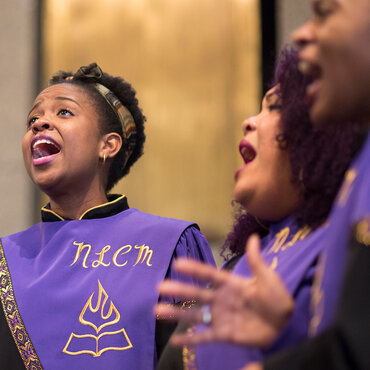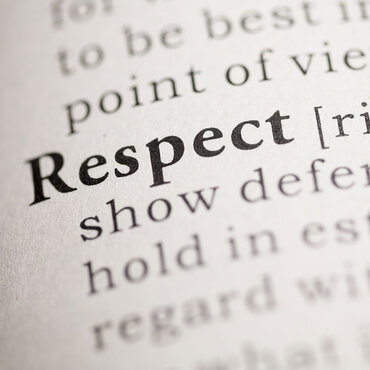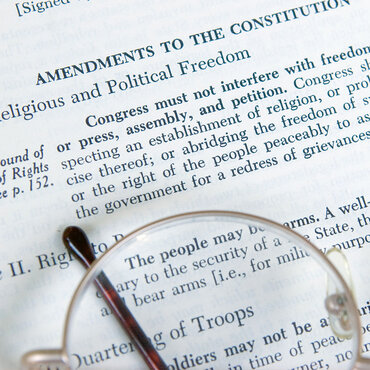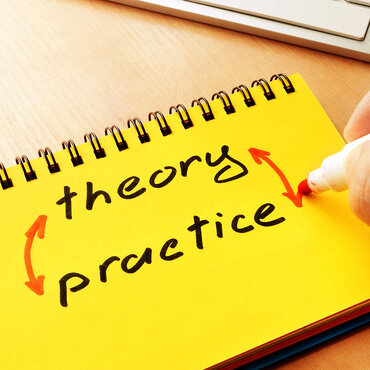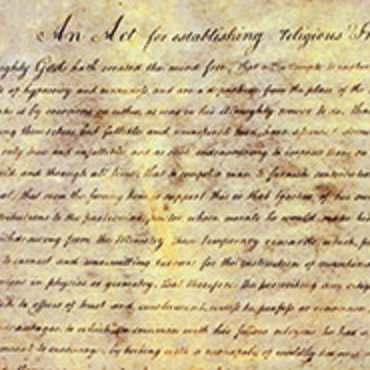
Character Education
This module looks at the intersections between character education and First Amendment approaches to religion in public schools. Participants will examine models of character education and identify ways in which character education, when done within First Amendment guidelines, can be a valuable support to developing civic competencies.
Get even more great free content!
This content contains copyrighted material that requires a free NewseumED account.
Registration is fast, easy, and comes with 100% free access to our vast collection of videos, artifacts, interactive content, and more.
NewseumED is provided as a free educational resource and contains copyrighted material. Registration is required for full access. Signing up is simple and free.
With a free NewseumED account, you can:
- Watch timely and informative videos
- Access expertly crafted lesson plans
- Download an array of classroom resources
- and much more!
- Religious Literacy
- Educator
Kate Soules is a doctoral candidate in Curriculum and Instruction at Boston College. Her research focuses on teachers’ professional learning and development on religious literacy and religious liberty. She has taught students from the middle school level to the graduate school level.
- Understand the difference between religious education and character education
- Make connections between character education and the civic competencies promoted in the 3Rs framework of teaching
- Haynes, C. C., & Thomas, O. S. (2007). Finding Common Ground: A First Amendment Guide to Religion and Public Schools. Nashville, TN: First Amendment Center.
- Chapter 14: “Character Education” in Finding Common Ground (pg. 153-170)
- Recommended: “The Benefits of Character Education” by Jessica Lehey, (The Atlantic, May 6, 2013)
- What is character education? Why is it important?
- How can character education be taught in public schools without endorsing a religious tradition?
- How does character education fit into a First Amendment school?


